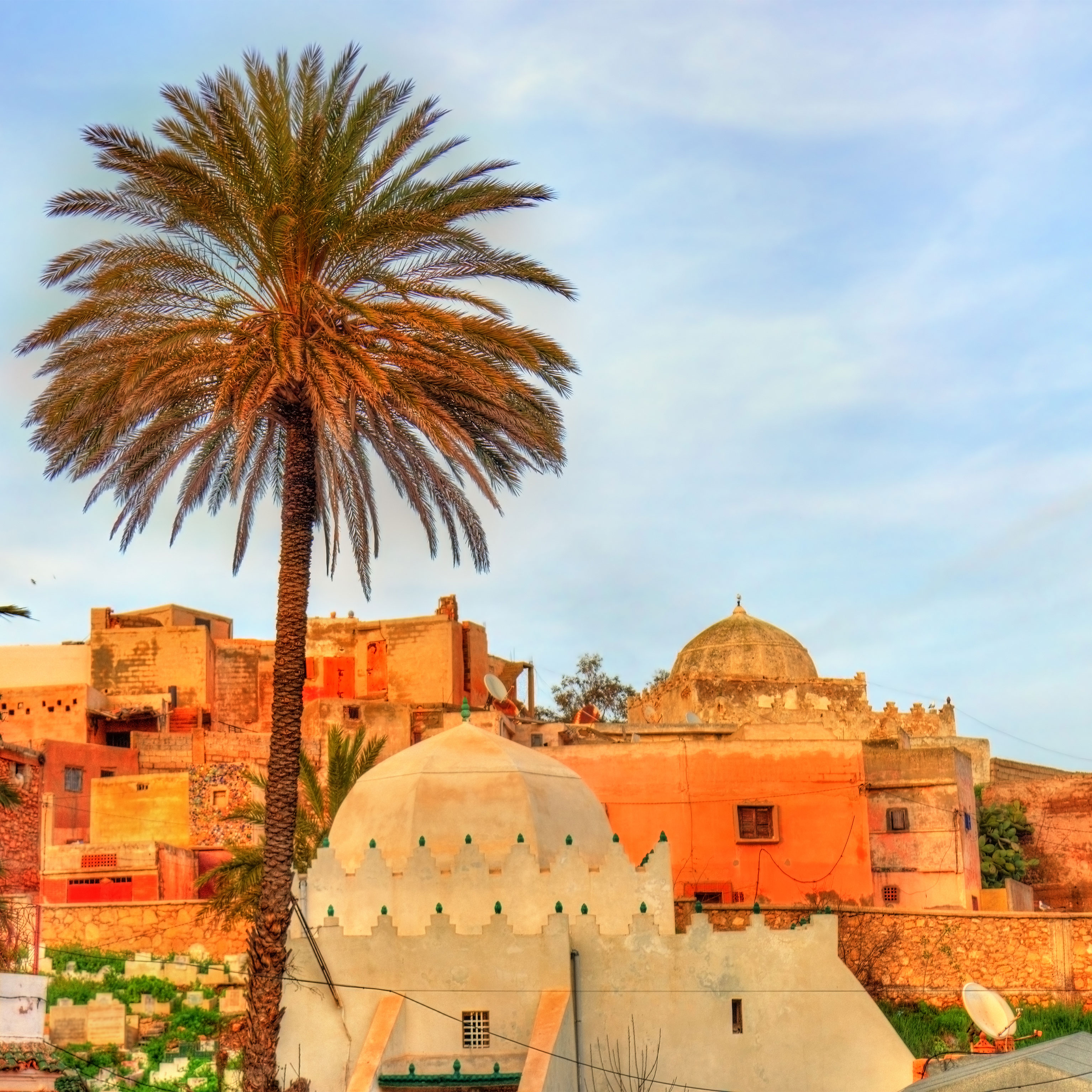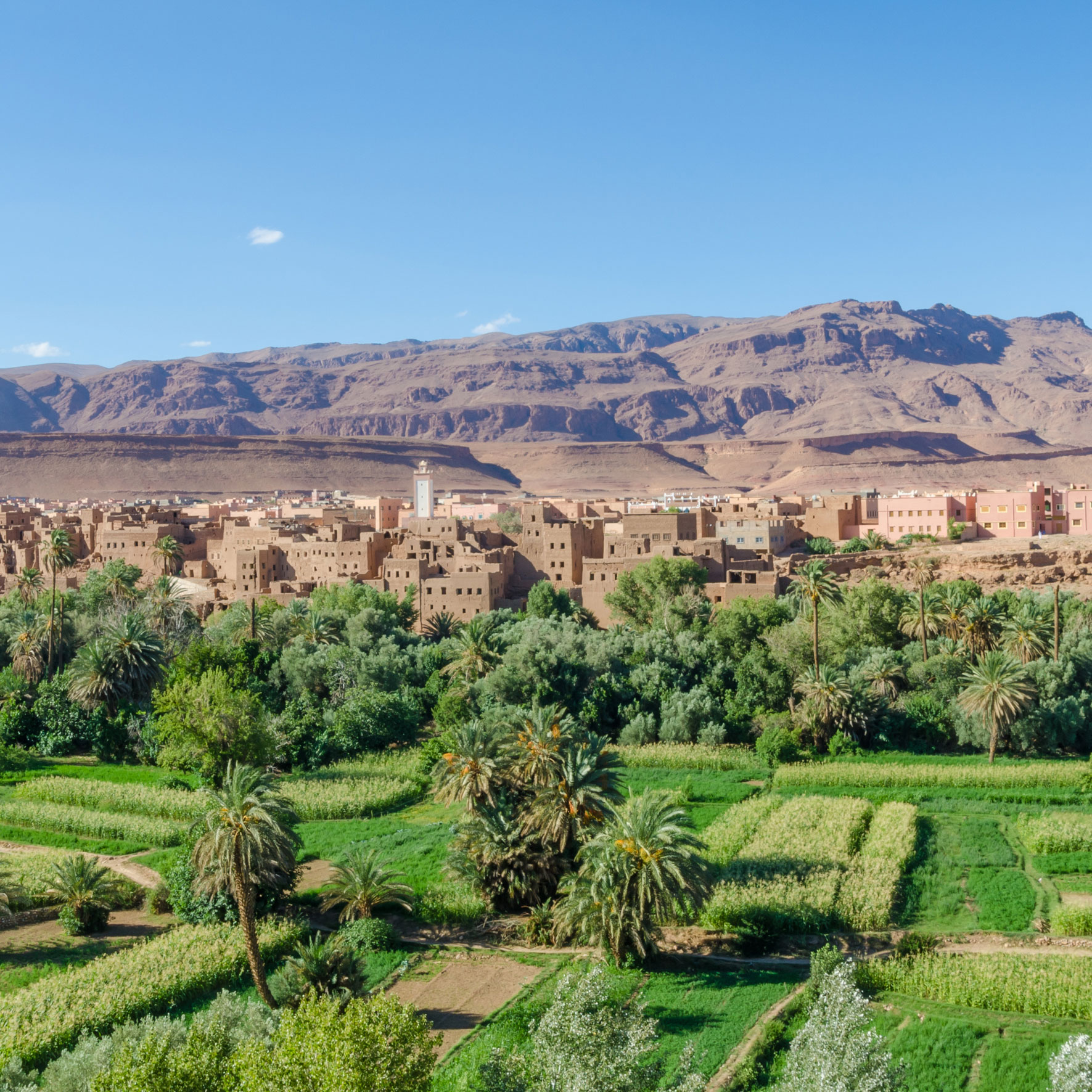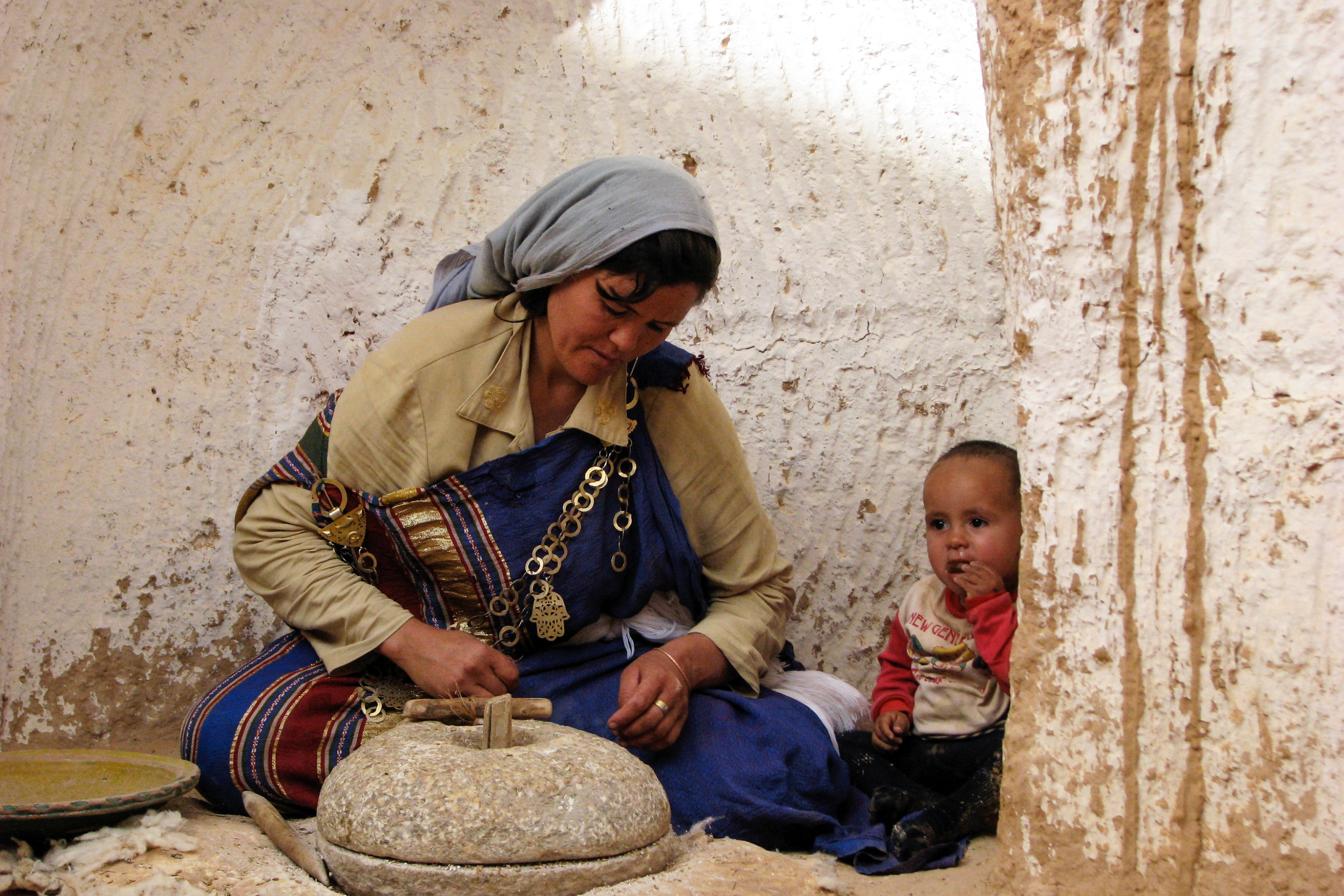The religious landscape is stark: the Muslim population comprises 99% of the region, leaving the Christian population at minimal figures—0.11% in Morocco, 0.16% in Libya, 0.03% in Tunisia, 0.05% in Algeria, and 0.12% in Mauritania. These statistics underscore the immense challenge and the critical need for outreach and understanding in a region where Christianity faces significant hurdles.
Historically, North Africa was home to vibrant Christian communities, including the early church fathers like Augustine of Hippo. However, following the spread of Islam in the 7th century, these communities gradually diminished. Today, Christianity in North Africa is often associated with colonialism, which has further complicated its acceptance and growth.
Given these challenges, North Africa's call for sensitive and informed engagement has never been more urgent. Global Fellowship is deeply committed to navigating the complexities of faith in North Africa. Our mission is to bring the Gospel to the North African people, fostering an environment where dialogue and hope can flourish. We aim to build bridges of understanding and compassion, recognizing the rich cultural and religious history of the region while addressing contemporary spiritual needs.
The situation in North Africa requires a nuanced approach, acknowledging the past while striving to make a positive impact in the present. Our efforts focus on supporting local communities, promoting religious freedom, and encouraging interfaith dialogue. By doing so, we hope to contribute to a more peaceful and spiritually enriched North Africa.


_Adjusted.png)



North Africa
North Africa, spanning Libya, Tunisia, Algeria, Morocco, and Mauritania, is a testament to a profound historical and religious evolution. From flourishing Christian and Jewish communities to a dominant Muslim presence, the region has transformed dramatically over the centuries. Today, North Africa is not just one of the world's most unreached regions in terms of Christianity but also a locale where a large percentage of the world’s conflicts occur, highlighting its geopolitical and religious complexity.
The religious landscape is stark: the Muslim population comprises 99% of the region, leaving the Christian population at minimal figures—0.11% in Morocco, 0.16% in Libya, 0.03% in Tunisia, 0.05% in Algeria, and 0.12% in Mauritania. These statistics underscore the immense challenge and the critical need for outreach and understanding in a region where Christianity faces significant hurdles.
Given these challenges, North Africa's call for sensitive and informed engagement has never been more urgent. Global Fellowship is deeply committed to navigating the complexities of faith in North Africa. Our mission is to bring the Gospel to the North African people, fostering an environment where dialogue and hope can flourish.
An ancient crossroads of civilizations, history is everywhere. Roman ruins are scattered across the land. Even the most cosmopolitan urban centers are just a stumble away from winding historical districts that pulse with the activity of daily life.Multicultural and forward thinking, many young people in the region feel jaded with the religious, political, and economic status quo. This has fostered a new spiritual openness as North Africans search for lasting hope, meaning, and purpose.


_Adjusted.png)

